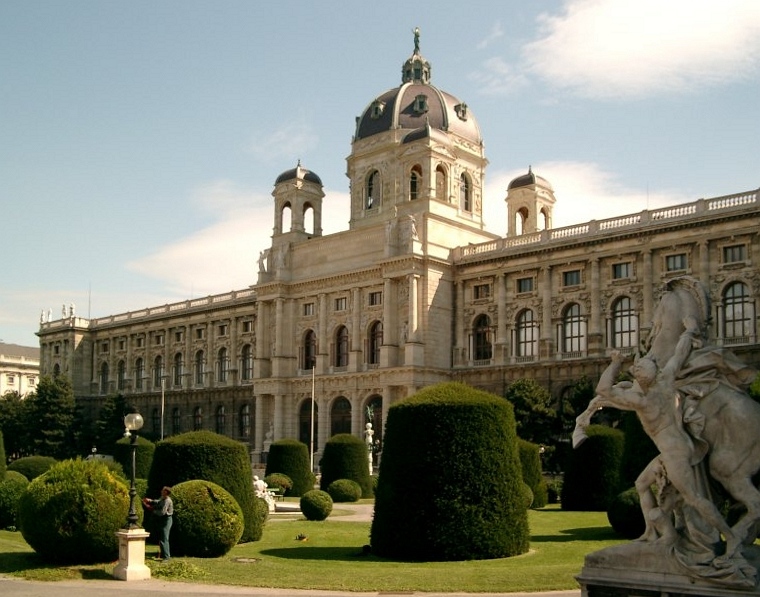At the 2012 General Assembly of the European Geosciences Union there are a variety of Union-wide sessions, summarised below.
Union Meetings (UM)
These meetings are open to Union members, though note some are invitation-only events. Of particular importance is the UM8: Plenary in Room D on Monday 23 April from 12:15 to 13:15. This is an annual event, open to all EGU members and all General Assembly 2012 participants, held to discuss the past and future developments of EGU. The whole EGU Council is in attendance. A free lunch buffet (sandwiches & soft drinks) will be served.
Union Symposia (US)
Union Symposia cover a range of topics and also include the US1: EGU Award Ceremony in Room D, on Tuesday, 24 Apr from 17:30 to 20:00. Details on Awards and Medals of the European Geosciences Union can be found on the EGU homepage.
Great Debate
There are two Great Debates this year, entitled Open Science and the Future of Publishing (Room 20, Wednesday, 25 April 2012 from 13:30-15:00) and The Role and Responsibilities of Geoscientists for Warning and Mitigation of Natural Disasters (Room 15, Thursday, 26 April 2012 from 12:15-13:15).
Medal and Keynote Lectures
There are 32 Medal Lectures and three Keynote Lectures during the General Assembly.
Short Courses
There are nine Short Courses at the General Assembly.
Townhall Meetings (TM)
Townhall Meetings cover a variety of topics, including education, policy, and funding opportunities. These sessions aim to offer more discussion time than the normal oral presentations allow.
Splinter Meetings (SPM)
Like Townhalls, Splinter Meetings are organised by participants. However, they are typically smaller and can be either public or by invitation only.
Other
Europe in Geosciences sessions have a pan-Europe outlook and this year feature topics such as climate reconstruction, sea dynamics, and flood resilience. Educational and Outreach Symposia (EOS) are sessions dedicated to education and outreach, including to the Geosciences Information for Teachers (GIFT), a long-running event for high-school teachers. The EOS8 session, Communicate your Science, also merits highlighting. It is aimed at teaching scientists how to best communicate their research to journalists and the general public.
Finally, now in its third year, GeoCinema (full schedule available online) features a nearly continuous schedule of relevant film content, including documentaries and full length features.

